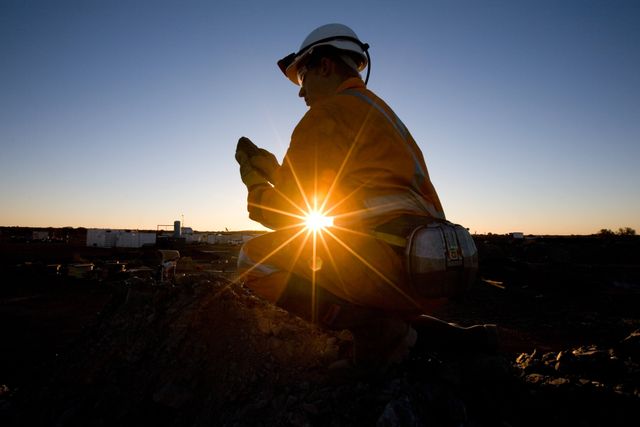
What are the advantages and disadvantages of taking a contract mining job instead of a permanent one?
What are the advantages and disadvantages of taking a contract mining job instead of a permanent one?
Anyone left out in the cold during the last mining downturn might think it’s a safe bet that permanent employment wins hands down over contract employment.
But is that really true?
After all, the balance of power has shifted in the mining industry, with many more jobs available than skilled workers to fill them.
Which is better, permanent or contract employment?
While many people will argue the virtues of one employment type over the other, the reality is that choosing whether contract or permanent work is better for you depends on your own personality, needs and circumstances.
Contracting is not for everyone, but for those who choose this work type it can mean better remuneration, greater flexibility, better work-life balance and faster career development. On the other hand, so the argument goes, permanent work provides stability and job security.
But it’s not uncommon for people who are used to the security of a permanent position to switch over to contract roles. Here are some reasons people who work in mining eventually make the change across.
The advantages of contracting in mining
Job variety
Even though there are usually plenty of applicants for each position advertised, many hiring managers complain of a lack of skill in the applicants reviewed.
With most contracting positions lasting from three to 12 months, contractors are exposed to a greater variety of projects, which inevitably leads to those individuals gaining greater skill sets. Ultimately, the more skills someone has, the more likely they are to have a skill that is in demand at any given time, and the greater their employability.
Better remuneration
It’s generally accepted that contractors earn more than permanent workers and, in some situations, at a significant premium.
While contractor rates include entitlements for holiday and sick leave, there are other factors that can load their rates, such as having skills that are in strong demand, or a specialisation. Often, it can be down to the urgency of finding someone at a critical stage of a project.
The pros and cons of contracting
Here is a comparison of the pros and cons of contracting versus permanent employment. Have you considered many of these factors in your job search?
Pros
Contract Employment |
Permanent Employment |
|
Less competition for roles |
Job security |
|
Better remuneration |
Holidays and sick leave |
|
Diversity of project experience |
Longer term relationships |
|
Exposure to skills and knowledge |
Redundancy entitlements |
|
Professional network |
Stability |
|
Flexibility & work-life balance |
Additional benefits |
|
Opportunity to travel |
|
|
Personal brand and reputation |
|
|
Faster career development |
|
|
Choice of work |
Cons
Contract Employment |
Permanent Employment |
|
No holidays and sick leave |
Lower remuneration |
|
Redundancy entitlements |
Slower career progression |
|
No job security |
Can get stuck or pigeonholed into a position |
|
Requires proactive job search |
How to succeed at winning contract mining jobs
While it does take time to build one, a professional network is one of the most important tools in a contractor’s tool bag. This includes recruitment companies, who value reliable contractors to work with their most prized clients.
Having good relationships with recruiters is great for keeping you up to date with what’s happening in the employment market. Recruiters are constantly exposed to new or prospective projects and know just about every company you’re likely to want to know.
Other benefits of maintaining close relationships with recruiters are learning what skills are in demand at any given time and, of course, them being able to find you contract positions, often at short notice, when the need arises.
Job security in contract mining jobs
This is the big one: people fear a lack of job security in taking on contract roles.
But, regardless of the economic climate, professionals with highly valued skills are always in demand. It is therefore essential that you stay on top of what is happening in the market. It’s your best bulwark against unemployment.
The future of mining work
Globalisation and the uptake of new technology are driving change in the workplace. One of the biggest changes is the casualisation of the workforce, driven by the demand for flexibility. The proportion of contingency in the workforce has grown by 30% over the last 10 years and is predicted to climb from its present 30% to around 50% of the workforce over the next 11 years.
There’s no doubt that professionals with greater job search skills and an extended professional network will be at a significant advantage when navigating the changing job market of the future.
If you are interested in learning more about upcoming mining opportunities, both contract or permanent, please get in touch with the team at Mining People.